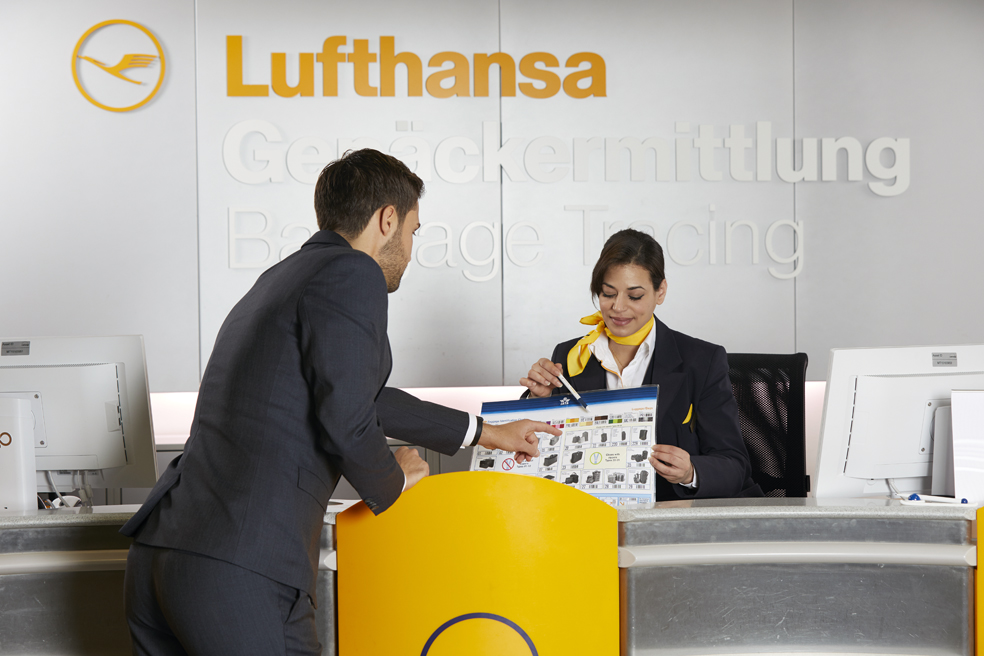Informe semanal de noticias del mercado alemán de la Oficina de Turismo de Tenerife en Berlín

- Market News:
Tourism is badly prepared for the climate debate: This says a majority of around 300 tourism professionals themselves who took part in a survey of Reise vor9, one of the leading german travel trade media. According to the survey, 62 percent believe that the industry has «rather badly» adapted to the discussion about climate and environmental protection as well as human rights, almost one in four thinks that the preparation is «completely bad». At the same time, an overwhelming majority of respondents said that environmental, climate and human rights issues were crucial for the future of the tourism industry. 73 percent consider it «very important» and another 24 percent «important». In comments, the travel professionals go to court with their own sector. «One has lost sight of the actual product,» writes a survey participant who, according to his own information, is a manager in the tour operator sector. «Focus such as multi-channel, direct sales and controlling have contributed to this. Tour operators have given way to controllers. «There are already good practice examples within the industry and some players who have dealt intensively with the topics,» writes another, who also proves himself to be the head of the organiser. However, the broad mass of actors had «not yet developed any concepts for this». But not everyone sees the problem on the product side. The industry is «in fact ‘rather well positioned’ as far as the measures are concerned, but ‘rather bad’ as far as PR is concerned», explains one participant, who says he runs a small specialist organiser. He adds: «The most traffic-testing thing we could do would be that cruise and aviation, rail and tour operators, travel agencies and hotels each come with their own defence campaign and we pass the buck within the industry». Around 300 tourism professionals took part in the survey. Almost half of them work in travel agencies, another 24 percent in tour operators and eight percent in the hotel industry. Around 50 percent of the participants say they are owners (22%), managing directors (10%) or members of management (18%).
Frankfurt is the only German city in the Safe Cities Index 2019: Safety plays an increasingly important role for many travellers. The Economist has examined and compared 60 cities worldwide in 57 criteria in four categories. The Safe Cities Index takes into account personal and digital security, infrastructure security and healthcare, among other things. Asian metropolises occupy the top places. Tokyo is considered the safest city in the world, with 92 out of a possible 100 points, as it was in 2017 and 2015. Singapore and Osaka are the next best cities. Only two European cities have made it into the top ten: Amsterdam in fourth place and Copenhagen in eighth place. Frankfurt ranks 16th, the only German city in the ranking.
- Cruise News:
German cruise market sails towards three million passengers: The German cruise market is likely to reach a new record of three million passengers in the coming years despite environmental debates, according to experts at the Seatrade Europe conference in Hamburg this week. Several new ships are coming on to the German market this year, such as the Aida Nova, Aida Mira, Mein Schiff 2, Costa Smeralda and the MSC ships Bellissima and Grandiosa. This capacity expansion is likely to put prices under pressure.
Karl J. Pojer, Germany chief of the Clia association, was confident that cruises will continue to gain in popularity. He told a panel discussion at the Seatrade Europe event: «Customers love our product and respect the quality they are offered.»
The head of Hapag-Lloyd Cruises predicted that the number of German ocean cruise passengers will exceed the three million mark in 2020 or 2021. In comparison, there were about 2.2 million passengers last year.
Moreover, analysts such as Jamie Rollo (Morgan Stanley) expect pressure on prices to weaken because neither of the two dominant German cruise lines, Aida and TUI Cruises, will have a new vessel next year.
Wybcke Meier, head of TUI Cruises, said that 34% of Germans are interested in going on a cruise holiday but only 8% had actually done so to date. This showed the industry’s growth potential.
Meanwhile, the overall number of ocean cruise passengers in Europe is expected to reach 7.5 million this year, according to Michael Thamm, Chairman of Clia Europe and head of the Costa Group. He stressed that the industry is investing €20 billion in new technologies, from LNG to electric motors, to improve its environmental footprint. «We take our responsibility seriously and are further than public perception reflects.»
The role of cruise ships as a contributor to overtourism was another topic at the Seatrade Europe conference. Thamm said that although the number of cruise passengers only lies between 5% and 10% of the total in the most popular destinations, the industry takes concerns seriously and is working on solutions with affected destinations. He cited the agreement with Dubrovnik, under which no more than 4,000 cruise passengers will be allowed into the historic centre at any one time from 2020 onwards.
Felix Eichhorn, head of Aida Cruises, emphasised the need for individual solutions for each destination, given that many destinations wanted more visitors, not fewer. MSC chief Gianni Onorato underlined the need to develop new destinations given the increase in ship capacity in the coming years.
- Aviation News:
Lufthansa Group airlines raise number of passengers to more than 14.1 million in August 2019: In August 2019, the Lufthansa Group airlines welcomed more than 14.1 million passengers. This shows an increase of 2.9 percent compared to the previous year’s month. The available seat kilometres were up 1.8 percent over the previous year, at the same time, sales increased by 2.7 percent. In addition as compared to August 2018, the seat load factor rose by 0.8 percentage points to 87.2 percent. Eurowings increases supply and sales on short-haul routes: Eurowings (including Brussels Airlines) carried around 3.9 million passengers in August. Among this total, around 3.6 million passengers were on short-haul flights and 309,000 flew on long-haul flights. This corresponds to an increase of 1.8 percent compared with the previous year, resulting from an increase of 2.8 per cent on short-haul flights and a reduction of 8.1 per cent on long-haul flights. A 3.5 percent decrease in capacity was offset by a 2.3 percent decrease in sales, resulting in an increase of seat load factor by 1.0 percentage points to 87.0 percent.









